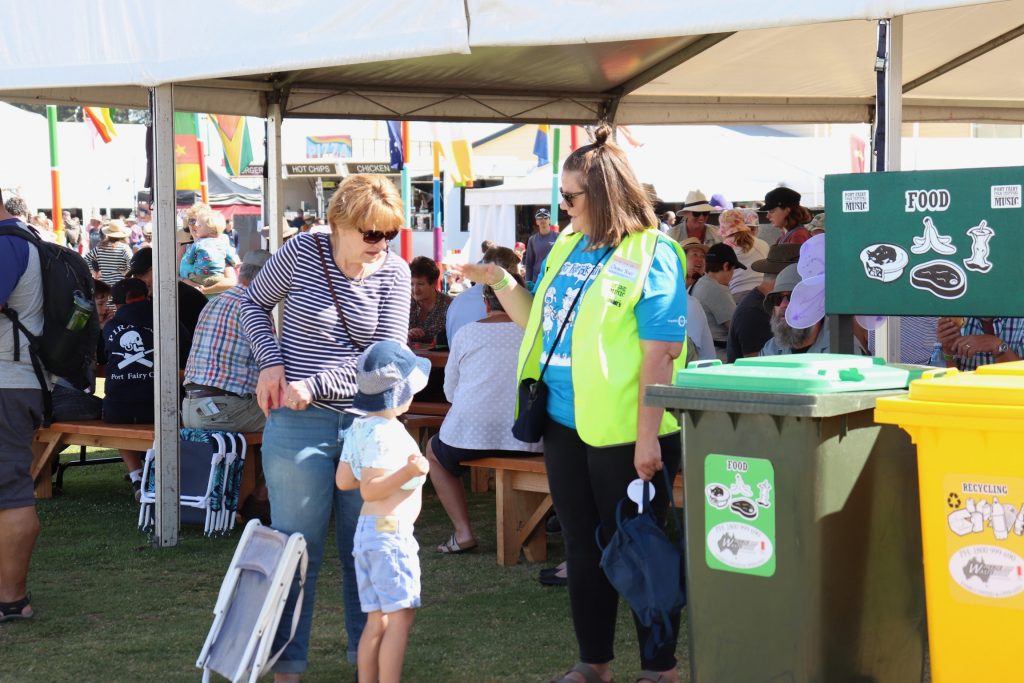Deciding What your Event is all about…
Event Scope
The event “what” happens after in depth planning and stakeholder discussions. After developing the original concept plan which may be altered after the feasibility stage, now is when you finalise the event concept and each individual element.
This is now the time to create an event scope. An event scope helps to make clear what is being produced and delivered. It can be very detailed, but one page may be enough. It may contain the following:
- An event description
- List of each element
- Task list to deliver each element
- Roles and responsibilities of the main contributors
- List of stakeholders
- Draft schedule or milestone dates
- Basic assumptions (that may change over time)
- A budget summary
Event Description
Your event description is your “elevator pitch”. It is the way you describe your event in a concise manner so all involved have a clear understanding of the event vision and what you intend on delivering.
Project Management Approach
A good way to make sure you get everything done is to use a project management approach. It is not as complicated as project managing the construction of a building for example but following some of the same approaches can help simplify the planning and delivery of events.
A project management tool that may be helpful is a work breakdown chart this is one way of applying project management theories to events. As you can see from the diagram the work breakdown chart simplifies the tasks required to complete an activity and the activities required to achieve one of the objectives set in the event plan.
Budget
The event scope will be controlled by the event budget so having and understanding and control over the event budget is essential for a successful event. Unfortunately, when running events things don’t always go to plan and extra spending often required so make sure when setting the budget, you get quotes for anything you need to buy or hire and then add in 15-20% extra as a contingency. If you don’t spend the contingency, then that’s great but you also know it’s there if things get a little tight.
Costs to consider
- Venue Hire
- Staffing
- Audio/visual
- Printing
- Wayfinding signs
- An event app
- Entertainment
- Cleaning
- Security
- Catering
- Speakers Fees
- Activity Hire
- Decor
- Lighting
- Staging
- Furniture Hire
- Photography/Videography
- Marketing
The clearer you are about the costs before the event the calmer you should be, it also might be a good idea to set up approval processes if you are not the only person spending the money to make sure you know about purchases as they happen, and you can manage the budget accordingly.
Use this spreadsheet as a guide and transfer to downloaded event budget spreadsheet.
Marketing
Events are “experiences” and therefore are marketed in a different way to a product. There is nothing tangible the event attendee can take away apart from photos and souvenirs so when marketing the event, it is up to the event marketer to give people a real understanding of the event experience.
Be very clear about your ideal customer, the more you understand your customer the more likely your event will appeal to them. Some questions to ask about your customers:
Understanding your ideal customer helps identify the benefits of attending your event and use these insights to create a desire to attend.
When you are identifying your customer, try to expand you event audience and think about other customer segments that might not immediately come to mind.

- How old are they?
- Where do they live?
- Are they male or female?
- Are they already engaged with the event and the community or are they new to the community?
- How much time do they have?
Customers
Remember the whole idea about running events is to give attendees a great experience.
People want to feel connected, to each other, to a cause, to an experience. Event managers are in a hugely privileged position they get to craft and deliver some amazing experiences for people. Events provide people with an opportunity to get away from the realities for life for a couple of hours, when you put the customer in the very centre of everything you do when planning and delivering your event you are guaranteed a success.
Pricing
There are a number of different ways to come up with a price for your event.
- Breakeven – how many tickets do you need to sell to cover your costs
- Stakeholder testing – what will people pay for the event
- Similar events – what are other people charging for their events
If capacity of your venue an issue, then you can charge more because of the scarcity of available seats, if capacity is no issue, then setting a cheaper price may help increase the number of attendees.
The most important consideration with pricing is that people get value for money. Customers are savvy, you may be able to scam people the first time but never again.
